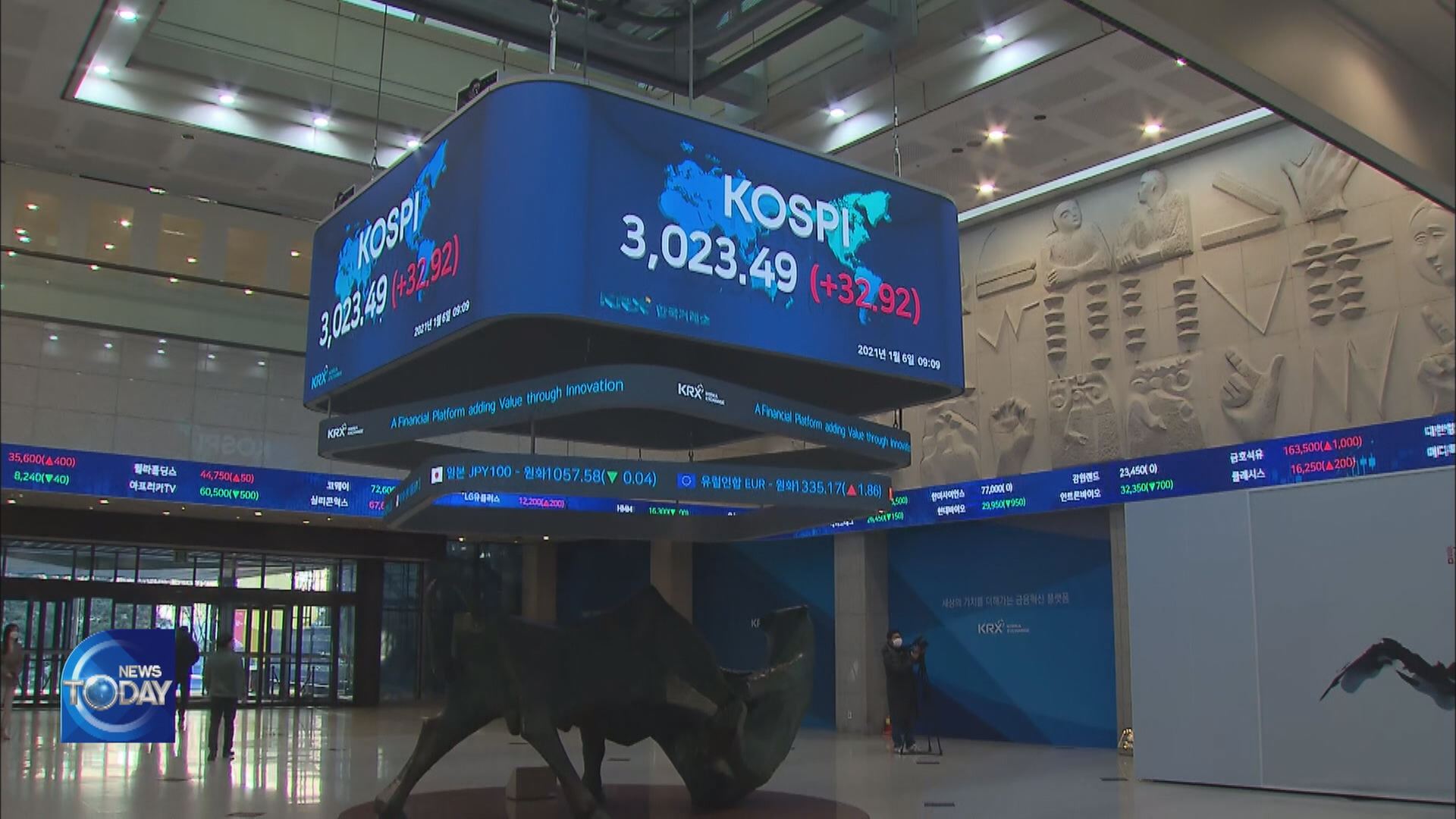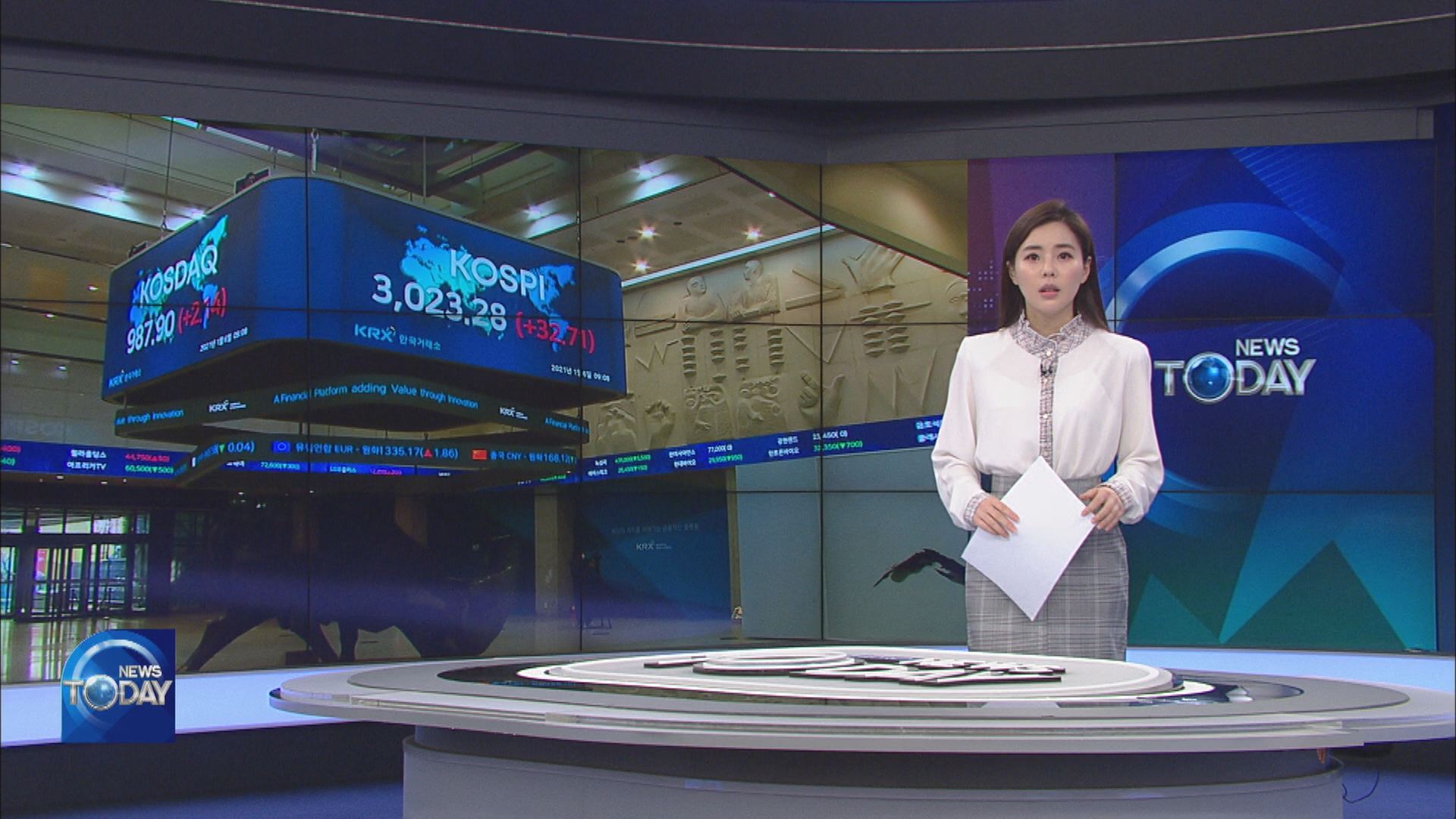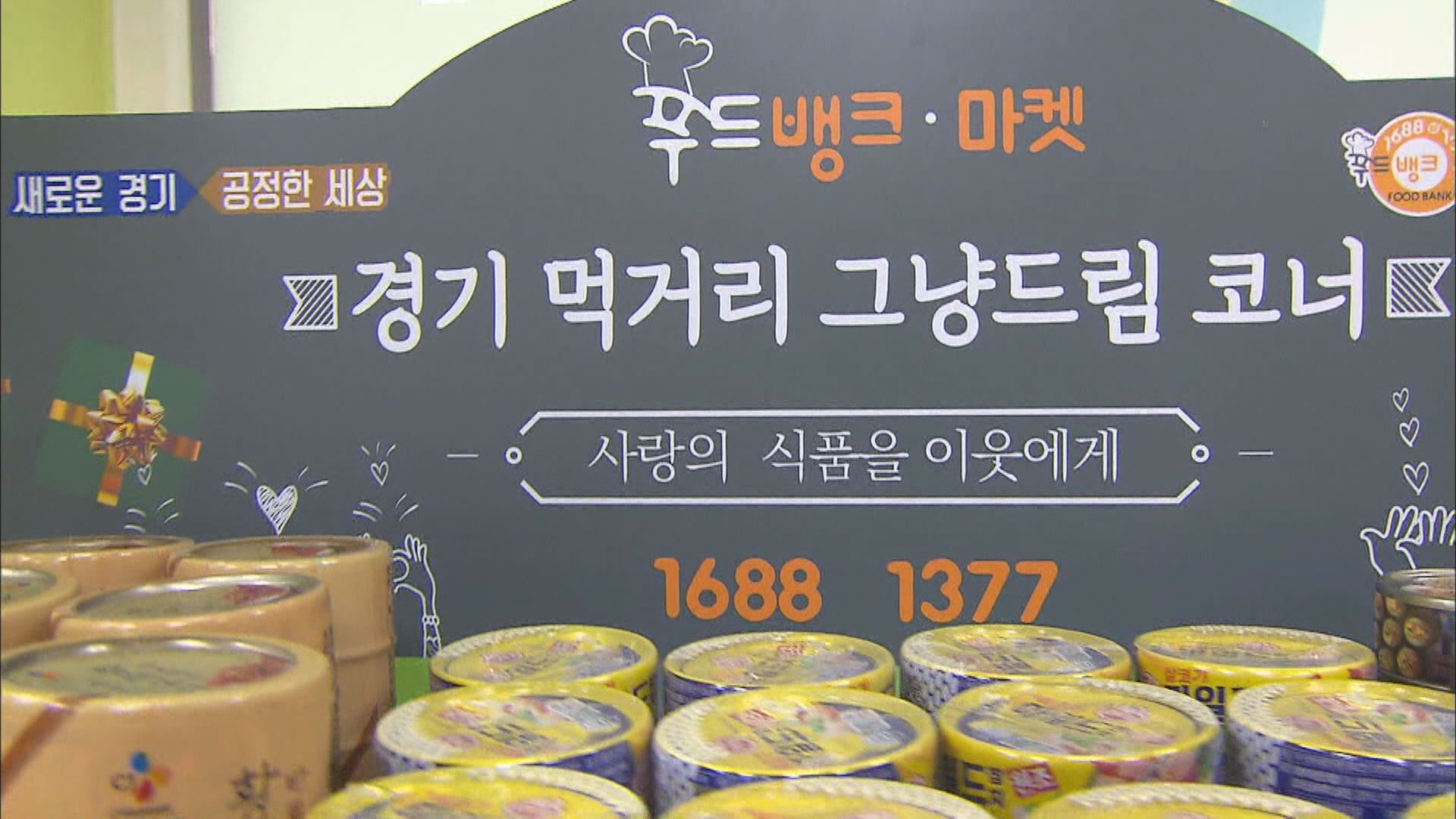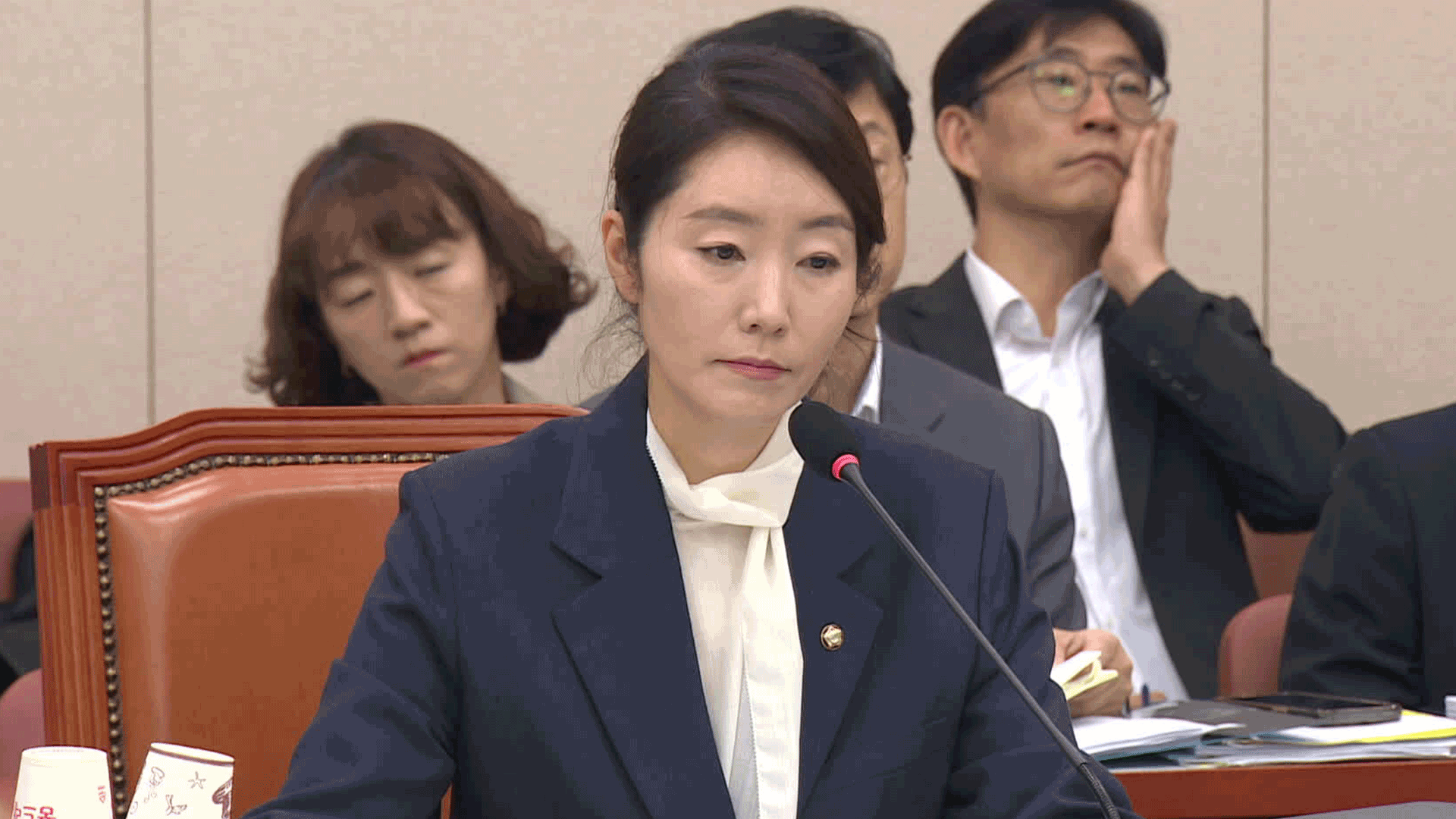STOCK MARKET RALLY CONTINUES
입력 2021.01.07 (15:05)
수정 2021.01.07 (16:48)
읽어주기 기능은 크롬기반의
브라우저에서만 사용하실 수 있습니다.
[Anchor Lead]
KOSPI has surpassed 3000 points for the first time, 13 years after surpassing the 2000-point mark. The stock market rally is continuing into 2021, as overzealous individual investors are willing to invest more and more. But the outlook is not that rosy.
[Pkg]
Individual investors' net buying recorded more than 2 trillion won on January 6 alone. The total amount surpassed 3.7 trillion won during the first three days of trading this year. The amount of money still waiting to be invested exceeds 69 trillion won.
[Soundbite] KIM HYUNG-RYEOL(KYOBO SECURITIES) : "Those who are optimistic about the market economy keep buying stocks. They don't feel the need to sell them."
With demand exceeding supply, investors hope that the so-called "money power" will continue to support the stock market.
[Soundbite] KIM DAE-JOON(KOREA INVESTMENT & SECURITIES) : "Market liquidity remains high to boost the economy. If it's withdrawn too quickly, the economy will rapidly lose steam. This means market liquidity will remain high."
However, there are concerns as well. When the asset market booms amid the struggling real economy, there are always repercussions. Finance Minister Hong Nam-ki and Bank of Korea Governor Lee Ju-yeol expressed concerns about the disconnect between the financial market and the real economy. Consumption in the nation keeps contracting due to COVID-19 restrictions and many businesses are either closing down or downsizing, while the job market is showing no signs of recovery. This means the gap between labor income and assets income will inevitably widen further. The gap in varying exports, which prop the Korean economy, is also significant.
[Soundbite] SUNG TAE-YUN(PROF., YONSEI UNIVERSITY) : "If market liquidity decreases, businesses that produce low income and rely on loans could become the weakest link. Household incomes that rely excessively on assets and property income could also emerge as risk factors."
Another factor that could undermine the stock market is the 19 trillion won in credit loans received to buy stocks.
KOSPI has surpassed 3000 points for the first time, 13 years after surpassing the 2000-point mark. The stock market rally is continuing into 2021, as overzealous individual investors are willing to invest more and more. But the outlook is not that rosy.
[Pkg]
Individual investors' net buying recorded more than 2 trillion won on January 6 alone. The total amount surpassed 3.7 trillion won during the first three days of trading this year. The amount of money still waiting to be invested exceeds 69 trillion won.
[Soundbite] KIM HYUNG-RYEOL(KYOBO SECURITIES) : "Those who are optimistic about the market economy keep buying stocks. They don't feel the need to sell them."
With demand exceeding supply, investors hope that the so-called "money power" will continue to support the stock market.
[Soundbite] KIM DAE-JOON(KOREA INVESTMENT & SECURITIES) : "Market liquidity remains high to boost the economy. If it's withdrawn too quickly, the economy will rapidly lose steam. This means market liquidity will remain high."
However, there are concerns as well. When the asset market booms amid the struggling real economy, there are always repercussions. Finance Minister Hong Nam-ki and Bank of Korea Governor Lee Ju-yeol expressed concerns about the disconnect between the financial market and the real economy. Consumption in the nation keeps contracting due to COVID-19 restrictions and many businesses are either closing down or downsizing, while the job market is showing no signs of recovery. This means the gap between labor income and assets income will inevitably widen further. The gap in varying exports, which prop the Korean economy, is also significant.
[Soundbite] SUNG TAE-YUN(PROF., YONSEI UNIVERSITY) : "If market liquidity decreases, businesses that produce low income and rely on loans could become the weakest link. Household incomes that rely excessively on assets and property income could also emerge as risk factors."
Another factor that could undermine the stock market is the 19 trillion won in credit loans received to buy stocks.
■ 제보하기
▷ 카카오톡 : 'KBS제보' 검색, 채널 추가
▷ 전화 : 02-781-1234, 4444
▷ 이메일 : kbs1234@kbs.co.kr
▷ 유튜브, 네이버, 카카오에서도 KBS뉴스를 구독해주세요!
- STOCK MARKET RALLY CONTINUES
-
- 입력 2021-01-07 15:05:16
- 수정2021-01-07 16:48:20

[Anchor Lead]
KOSPI has surpassed 3000 points for the first time, 13 years after surpassing the 2000-point mark. The stock market rally is continuing into 2021, as overzealous individual investors are willing to invest more and more. But the outlook is not that rosy.
[Pkg]
Individual investors' net buying recorded more than 2 trillion won on January 6 alone. The total amount surpassed 3.7 trillion won during the first three days of trading this year. The amount of money still waiting to be invested exceeds 69 trillion won.
[Soundbite] KIM HYUNG-RYEOL(KYOBO SECURITIES) : "Those who are optimistic about the market economy keep buying stocks. They don't feel the need to sell them."
With demand exceeding supply, investors hope that the so-called "money power" will continue to support the stock market.
[Soundbite] KIM DAE-JOON(KOREA INVESTMENT & SECURITIES) : "Market liquidity remains high to boost the economy. If it's withdrawn too quickly, the economy will rapidly lose steam. This means market liquidity will remain high."
However, there are concerns as well. When the asset market booms amid the struggling real economy, there are always repercussions. Finance Minister Hong Nam-ki and Bank of Korea Governor Lee Ju-yeol expressed concerns about the disconnect between the financial market and the real economy. Consumption in the nation keeps contracting due to COVID-19 restrictions and many businesses are either closing down or downsizing, while the job market is showing no signs of recovery. This means the gap between labor income and assets income will inevitably widen further. The gap in varying exports, which prop the Korean economy, is also significant.
[Soundbite] SUNG TAE-YUN(PROF., YONSEI UNIVERSITY) : "If market liquidity decreases, businesses that produce low income and rely on loans could become the weakest link. Household incomes that rely excessively on assets and property income could also emerge as risk factors."
Another factor that could undermine the stock market is the 19 trillion won in credit loans received to buy stocks.
KOSPI has surpassed 3000 points for the first time, 13 years after surpassing the 2000-point mark. The stock market rally is continuing into 2021, as overzealous individual investors are willing to invest more and more. But the outlook is not that rosy.
[Pkg]
Individual investors' net buying recorded more than 2 trillion won on January 6 alone. The total amount surpassed 3.7 trillion won during the first three days of trading this year. The amount of money still waiting to be invested exceeds 69 trillion won.
[Soundbite] KIM HYUNG-RYEOL(KYOBO SECURITIES) : "Those who are optimistic about the market economy keep buying stocks. They don't feel the need to sell them."
With demand exceeding supply, investors hope that the so-called "money power" will continue to support the stock market.
[Soundbite] KIM DAE-JOON(KOREA INVESTMENT & SECURITIES) : "Market liquidity remains high to boost the economy. If it's withdrawn too quickly, the economy will rapidly lose steam. This means market liquidity will remain high."
However, there are concerns as well. When the asset market booms amid the struggling real economy, there are always repercussions. Finance Minister Hong Nam-ki and Bank of Korea Governor Lee Ju-yeol expressed concerns about the disconnect between the financial market and the real economy. Consumption in the nation keeps contracting due to COVID-19 restrictions and many businesses are either closing down or downsizing, while the job market is showing no signs of recovery. This means the gap between labor income and assets income will inevitably widen further. The gap in varying exports, which prop the Korean economy, is also significant.
[Soundbite] SUNG TAE-YUN(PROF., YONSEI UNIVERSITY) : "If market liquidity decreases, businesses that produce low income and rely on loans could become the weakest link. Household incomes that rely excessively on assets and property income could also emerge as risk factors."
Another factor that could undermine the stock market is the 19 trillion won in credit loans received to buy stocks.
이 기사가 좋으셨다면
-
좋아요
0
-
응원해요
0
-
후속 원해요
0












![[단독] “윤석열·김용현 등 공모해 군사상 이익 해쳐”<br>…외환죄 대신 일반이적죄 적용](/data/layer/904/2025/07/20250714_3VTJV3.jpg)




이 기사에 대한 의견을 남겨주세요.